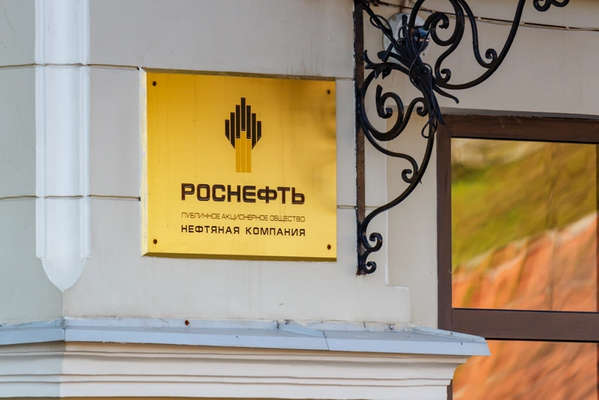
Russia's state-owned oil company Rosneft said on Friday that former German chancellor Gerhard Schroeder and German businessman Matthias Warnig were stepping down from its board of directors.
The European Parliament had urged on Thursday that Schroeder, 78, be blacklisted unless he quit the board of Rosneft, a move also meant to dissuade him from taking a top job at the Russian gas giant Gazprom for which he has been nominated.
Germany closed Schroeder's taxpayer-funded office on Wednesday amid public outrage over his continued involvement in the Russian energy industry despite Russia's actions in Ukraine and his refusal to condemn President Vladimir Putin, whom he counts as a personal friend.
Rosneft said in its statement: "We are sympathetic to [Schroeder and Warnig's] decisions and thank them for their continued support."
Schroeder, who was chancellor from 1998 to 2005, had been a strong advocate of building the Nord Stream undersea pipeline to bring Russian gas to Germany, and had been on Rosneft's board since 2017.
Six sources told Reuters last Thursday that five foreign vice-presidents of Rosneft had also left, shortly before the latest round of EU sanctions against Russia came into effect on May 15.
Schroeder did not immediately reply to a request for a comment via his website. Reuters was unable to contact Warnig.
Schroeder heads the shareholder committee at Nord Stream AG, which operates the Nord Stream 1 gas pipeline from Russia to Germany under the Baltic Sea, and chairs the board of directors at Nord Stream 2 AG, a second pipeline project which was frozen by Germany after Russia's military campaign in Ukraine began.
Warnig, who served in communist East Germany's secret police, the Stasi, at roughly at the same time as Putin was working there for the Soviet KGB, headed Nord Stream AG until 2016.
He became chief executive of Nord Stream 2 in 2015. Warnig was placed under sanctions by the United States on Feb. 23.
Nord Stream AG confirmed that Schroeder still held his position there. Nord Stream 2 AG could not be reached for comment.
(Reporting by Reuters; Editing by Mark Trevelyan, Kevin Liffey, Elaine Hardcastle)



